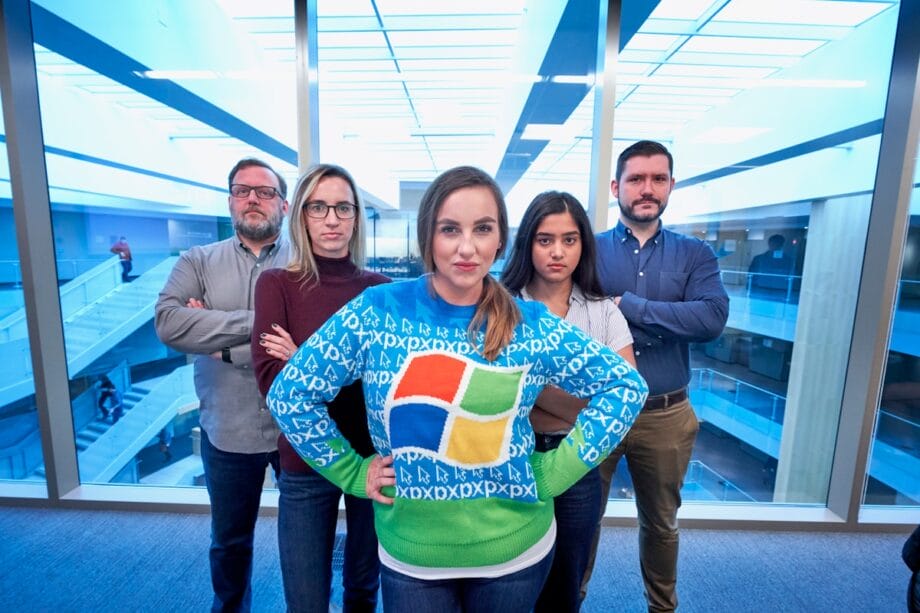In a significant breakthrough, an Indian technology expert has unveiled a novel approach to navigating the intricate landscape of the American visa system.
Priyanka Kulkarni, a 34-year-old machine learning scientist, devoted nearly a decade to a visa process before leveraging artificial intelligence to facilitate employment-based immigration for others.
According to a report by Business Insider, Kulkarni’s startup, Casium, offers employers a comprehensive digital platform to oversee visa applications from initiation to completion, supplanting obsolete Excel spreadsheets and curtailing reliance on costly legal firms.
The platform is adeptly designed to adapt to an evolving policy landscape, particularly following the Trump administration’s imposition of a $100,000 fee on each new H-1B visa application, which incited confusion among companies and provoked multiple legal challenges from business collectives and the U.S. Chamber of Commerce.
A tech-driven fix for an outdated system
Casium posits that a technology-centric strategy can enhance expediency, precision, and transparency within the historically sluggish immigration procedures.
As reported by Business Insider, the startup has successfully aided numerous applicants with evaluations, compliance checks, and submissions, claiming an admirable approval rate. Some individuals have reportedly transitioned from application to employment in less than a month.
Founded in 2024, Casium recently secured $5 million in seed funding, spearheaded by Maverick Ventures and bolstered by investments from AI2 Incubator, GTMfund, Success Venture Partners, and angel investor Jake Heller, whose company Casetext was acquired by Thomson Reuters in 2023.
How the platform works
Initial engagement begins with applicants completing an intake form. Kulkarni elucidated that Casium’s software harnesses “agents” that automatically scrutinize public data repositories, such as research journals and patents, to generate a comprehensive profile of the applicant.
Within minutes, the platform generates a dossier subjected to review by independent attorneys and paralegals, who discern the most suitable visa category, such as H-1B, O-1, or EB-1A.
With a single click, Kulkarni explained, a draft attorney letter elucidating eligibility can be produced. Casium asserts it truncates the document preparation timeline from months to fewer than ten business days, simultaneously mitigating errors that could impede timely approvals.
From Microsoft scientist to startup founder

Hailing from India, Kulkarni joined Microsoft immediately after completing her education, investing nearly a decade in crafting AI strategies for products like Office — all while navigating the complexities of an H-1B visa
“The process was, at times, wearying and perplexing, often feeling like a barrier to career progression,” she confided to Business Insider.
Her personal experiences fueled her ambition to establish Casium. Upon acceptance into Seattle’s AI2 Incubator in 2024, she pursued the EB-1 visa, colloquially known as the “Einstein visa” for individuals demonstrating extraordinary capabilities. Reflecting on her journey, she stated, “Every endeavor I have undertaken has led me to this juncture.”
Source link: Hindustantimes.com.






